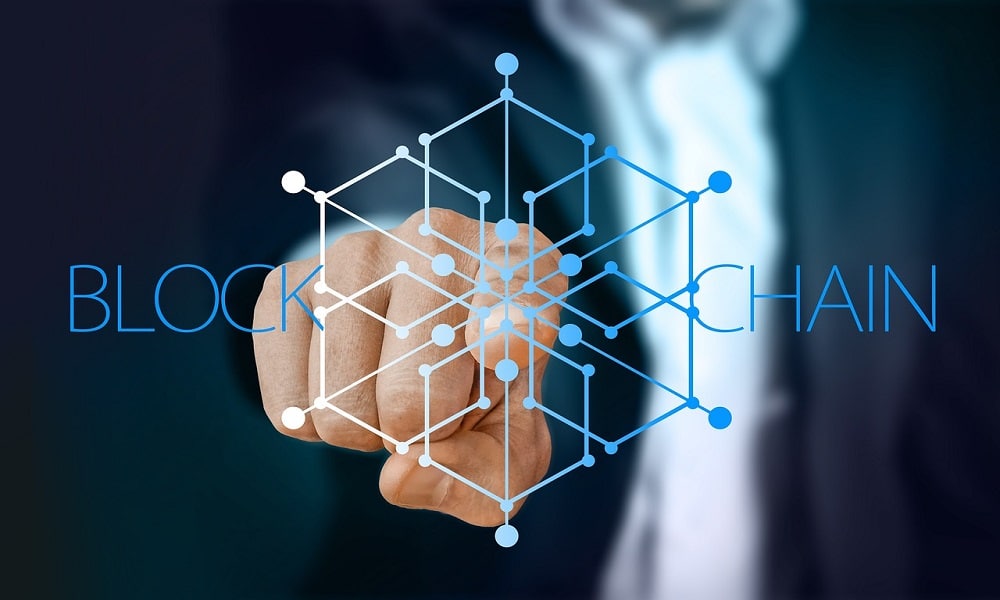As the digital landscape changed in recent years, new organizational models appeared. DAOs (Decentralised Autonomous Organisations) stand out among these, which prompts many people to contrast them with conventional commercial organizations. We’ll go deeply into the subtleties of DAOs and entities in this article, highlighting their primary distinctions.
Meet the DAO (Decentralized Autonomous Organization)
Imagine a world where organizations aren’t limited by geographical boundaries or centralized decisions. That’s a DAO for you! It thrives on blockchain technology, allowing it to operate on pre-set rules without a single entity pulling the strings.
Entity
In business terms, an entity refers to any organization that has a separate legal existence. This includes traditional structures like LLCs (Limited Liability Companies), corporations, partnerships, and more.
In this article, we’ll take a closer look at the defining aspects of both DAOs and entities, comparing and contrasting their features, operations, and legal standing.
DAO vs Entity – The Heart of the Matter
What Sets DAO Apart?
A DAO organization is an autonomous system that runs its operations using smart contracts and blockchain technologies. Within a DAO, decisions are frequently reached through consensus processes, in which members vote directly on ideas.
MakerDAO, which manages the DAI stablecoin, and Aragon, a platform that makes it easier to create and run DAOs, are examples of well-known DAOs that you might have heard about.
Unraveling the Business Entity
An entity, in the business context, is an organization that conducts business, be it for-profit or not-for-profit. They have distinct legal rights, and obligations, and are recognized by the government.
Entities can range from the local mom-and-pop store, structured as an LLC, to multinational corporations like Apple or Microsoft.
Core Differences Between DAO and Entity
Structural Differences
Centralization vs. Decentralization
Entities typically function within a centralized framework, characterized by a clear hierarchical structure. This hierarchy often includes roles like CEOs, managers, and employees. Decision-making processes are top-down, and a select few usually hold the power to make significant choices.
DAOs, in contrast, are emblematic of decentralization. There’s no central authority, no boss, no single point of control. Instead, power and decision-making are distributed among its members or stakeholders. It’s a shift from the traditional pyramid structure to a more flat or networked structure.
Governance Models
Traditional entities may have a board of directors responsible for high-level decisions, while daily operations might be overseen by executives or managers. Governance in DAOs, however, is inherently democratic. Decisions are made collectively, often through a voting mechanism where each member’s voice can be heard.
Operational Differences
Decision-making Process
DAOs rely heavily on consensus mechanisms. Proposals are presented, discussed, and then voted upon by members. This ensures that decisions are made based on collective agreement. Traditional entities, meanwhile, might have decisions made by a single executive or a small board, with limited input from other stakeholders.
Funding Mechanisms
Another stark difference is in how these organizations raise capital. DAOs often rely on token sales or ICOs (Initial Coin Offerings) where they sell digital tokens to raise funds. These tokens might represent a stake in the organization or confer certain rights within the DAO.
Entities, conversely, have a range of funding options, including selling shares in the company (equity), taking out loans, or seeking venture capital investment. These methods are well-established and come with their own set of regulations and implications.
Legal Differences
Legal Recognition and Rights
Entities, whether they’re LLCs, corporations, or partnerships, are generally recognized by governments and legal systems. This recognition provides them with specific rights, obligations, and protections. It also means they can enter contracts, be sued, and own assets in their name.
DAOs exist in a more nebulous legal space. As of now, many jurisdictions are still grappling with how to categorize and regulate them. In some places, they might be seen purely as software, while in others, efforts might be underway to provide them with a legal status akin to traditional entities.
Implications for Stakeholders
This legal ambiguity around DAOs has implications for its members or stakeholders. For instance, if a DAO were to be involved in a legal dispute, it’s unclear who would be held responsible. Would it be individual members or the organization as a whole? On the other hand, traditional entities have clearer guidelines on liabilities, responsibilities, and stakeholder rights.
To sum it up, while both DAOs and entities serve organizational functions, they differ profoundly in their structure, operations, and legal standings. As the digital landscape evolves, it’ll be intriguing to see how these models coexist, adapt, or possibly merge.
The Good, the Bad, and the Potential
DAOs offer transparency, reduced intermediation, and global collaboration. However, they also come with risks, such as unresolved legal status and potential for exploitation due to code vulnerabilities.
Entities enjoy legal recognition, established structures, and clearer rights and obligations. However, they can be burdened by bureaucracy, slower decision-making, and geographical limitations.
Looking Ahead. The Future of DAOs in the Business World
As the business landscape continually evolves, DAOs are likely to find more acceptance and legal clarity. Their decentralized, transparent nature may offer solutions to some of the issues plaguing traditional entities. However, for now, both models have their unique strengths and weaknesses. The key is for aspiring entrepreneurs and leaders to understand these nuances and choose the model that best aligns with their vision and goals.
In summary, while DAOs and entities have some overlapping features, they fundamentally differ in structure, operations, and legal standing. As we navigate this digital age, it is essential for businesses, entrepreneurs, and curious minds to delve deeper into these organizational models. By understanding their intricacies, strengths, and challenges, one can make informed choices and possibly harness the revolutionary capabilities of DAOs. With rapid technological advancements and shifting global paradigms, the potential of DAOs in shaping the next chapter of the business world is immense. Stay engaged, continue to explore, and be ready to embrace the innovative prospects that DAOs present.


